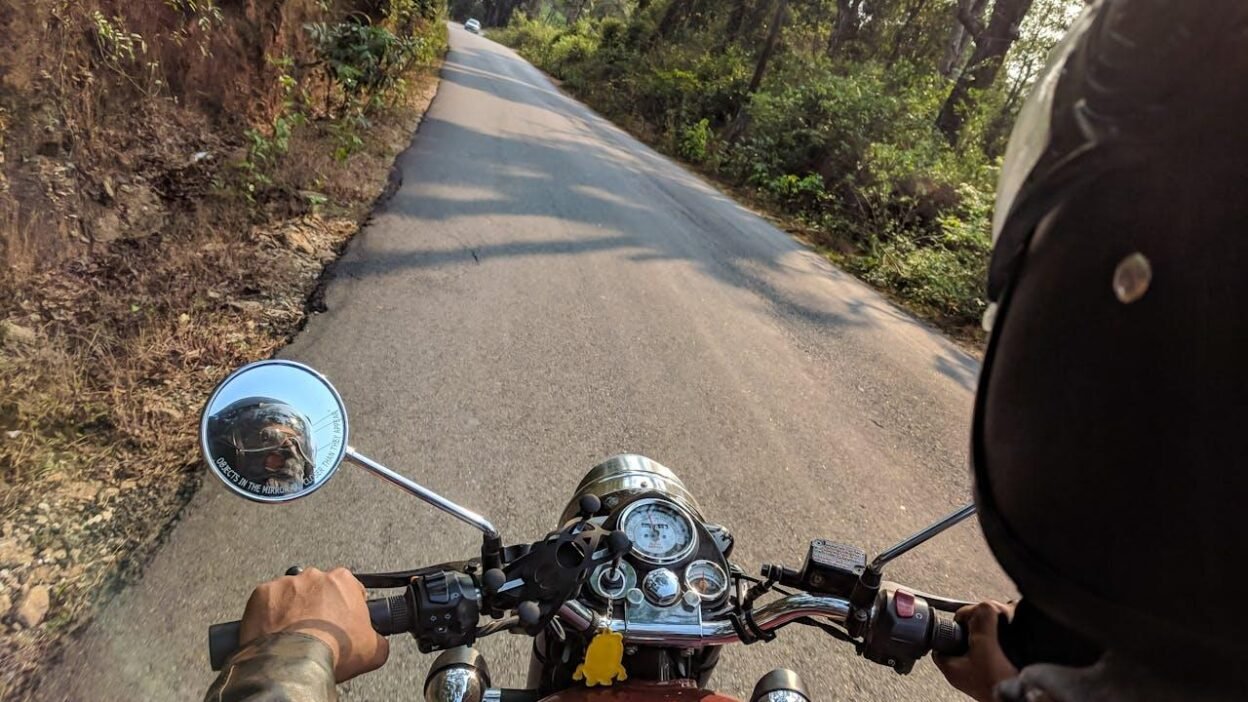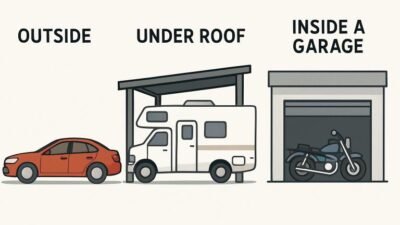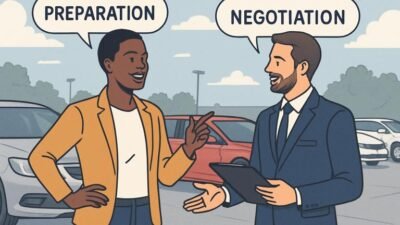Ever start a road trip dreaming of freedom and playlists, only to end up stranded with a dead battery and no cell service? That’s the flip side of spontaneity. One overheated engine or wrong turn can turn the open road into a trap. With rising heat, unpredictable weather, and aging highways, roadside emergencies are climbing. On two wheels, the risks are even higher. In Maryland, where scenic rides draw bikers, a breakdown can quickly become dangerous if you’re far from help.
In this blog, we will share how to stay prepared when your travel plans fall apart, what to do in the moment, and why having the right kind of backup can save more than just your weekend.
It’s All Fun Until the Smoke Starts Rising
Maybe your tire shreds on I-70. Maybe your check engine light flickers on 20 miles too late. Maybe your motorcycle just shuts off in the middle of a scenic overlook with no cell service and no clue what happened. It always feels sudden. But it rarely is.
Most roadside emergencies don’t come out of nowhere. They come from skipped service dates. From assuming you’ll be fine. From that little rattle you noticed back in March that you chose to ignore. The thing about the open road is that it has zero patience for negligence.
And when it’s not your car that needs help, but your bike? You’re looking at a more delicate situation. Unlike a sedan, a motorcycle can’t just be hauled onto any trailer by any tow truck. It needs specific handling. Straps. Flatbeds. People who know how not to scratch or bend your frame in the process. If you’re stuck somewhere rural, that gets even trickier.
That’s why if you ride, especially long distances, it’s smart to have a go-to for motorcycle towing in Maryland or wherever your route takes you. Flat tires, electrical problems, or even just bad luck can stop your trip cold. And waiting on the side of the road for someone who “thinks” they can handle a bike isn’t just frustrating. It can be risky. Reliable towing services that specialize in motorcycles don’t just get your bike off the road—they get you peace of mind.
The Romantic Myth of ‘Just Figuring It Out’
There’s a reason so many movies show characters fixing cars with duct tape and luck. We love the idea of being self-reliant. Of figuring it out with grit and Google. But when your vehicle dies three hours from home, fantasy fades quickly. No one wants to spend the night in a parked car next to a cornfield.
That doesn’t mean you need to be a certified mechanic to take a road trip. But you should know some basics. Check your oil and coolant before you leave. Know how to change a tire. Make sure your spare isn’t flat. Bring tools even if you don’t think you’ll need them. If your vehicle has been acting up, get it checked before you’re three hours deep into unfamiliar territory.
And yes, bring an actual map. Cell service isn’t a guarantee once you’re off the grid, and your battery won’t last forever. The modern road trip relies on technology, but nature and asphalt don’t care how new your phone is. Print directions. Keep paper backups of emergency contacts. Write down the name of that tow company you looked up “just in case.” The case will come.
How to Handle It When Things Go South
First, don’t panic. Easier said than done, but it matters. Your brain works better when you’re calm, and you’ll make safer decisions. Pull over safely. Turn on your hazard lights. Get out of traffic. If it’s hot, stay hydrated and shaded. If it’s cold, use your layers wisely. Comfort may not be possible, but survival is.
Next, assess the damage. Is it something you can fix? Is it safe to stay in the car or next to the bike? Are you visible to oncoming drivers? Prioritize safety over speed. Trying to diagnose a fuel line issue while standing on a shoulder with semis blowing by isn’t brave. It’s dangerous.
If you can call for help, do it early. The longer you wait, the longer you may be stuck. Give clear information about your location and what went wrong. Be honest about the type of vehicle you have, especially if it’s a motorcycle or a custom ride. Not every service is equipped to handle everything.
And if you can’t call? That’s where your planning pays off. Emergency beacons. Walkie-talkies. Nearby traffic stops. Paper maps. You don’t have to turn into MacGyver, but you should have more than just hope in your glove box.
The Bigger Picture: Why Breakdowns Feel Worse Now
There’s something else that makes roadside breakdowns feel more intense lately—our pace of life. People are busy, wired, and impatient. Everything is urgent. Everything is time-sensitive. So when your car won’t start, or your bike refuses to run, it’s not just inconvenient. It feels personal. Like the universe picked you to humble today.
Add in rising travel costs, tighter schedules, and the general pressure to make the most of every trip, and a mechanical issue hits harder than it used to. That’s why the best road trips in this day and age aren’t just well-routed. They’re well-planned. Built with buffers. Not just in time, but in backup.
Because the truth is, things will go wrong. Not every trip, but some. And the people who bounce back faster aren’t lucky. They’re prepared.
The bottom line? The next time you plan a ride—whether it’s a quick getaway or a coast-to-coast adventure—treat your emergency prep like part of the fun. Pack the snacks and playlists, sure. But also pack your logic. Bring the number of someone who knows how to haul your bike without damaging it. Bring tools. Bring the charger. Don’t expect perfection from the road. It never promised that.
What it does offer is possibility. And that’s still worth the risk—as long as you’re ready when things go sideways.



